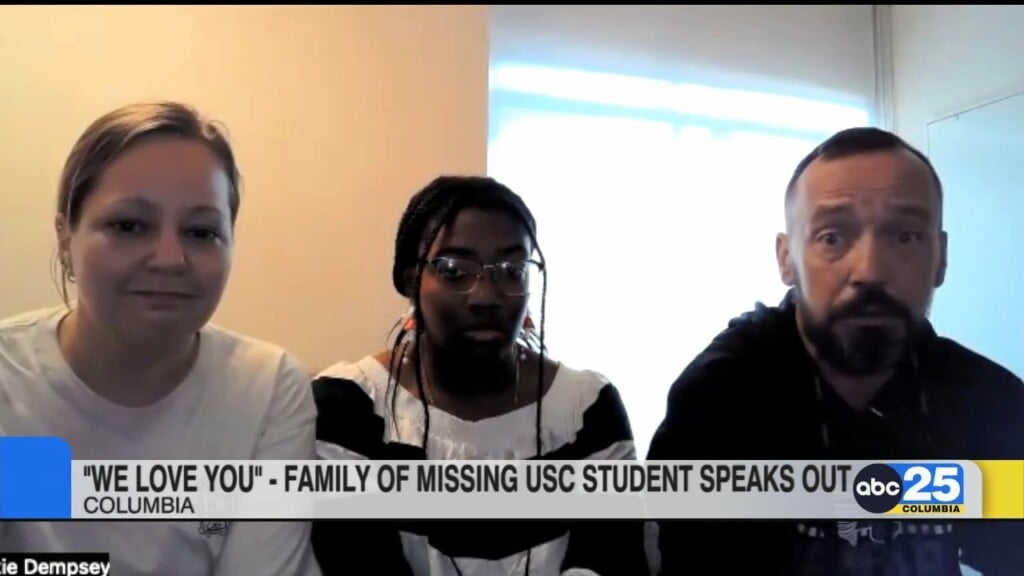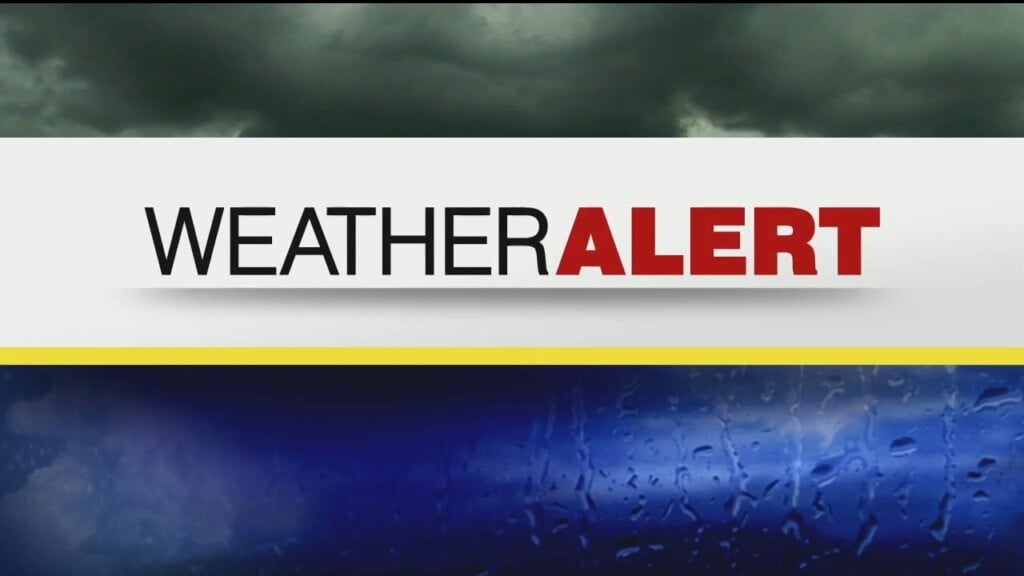Lawsuit challenges educational censorship and the cancellation of AP African American Studies course
A local teacher and librarian are plaintiffs in the suit.
COLUMBIA, SC (WOLO) — A local teacher and librarian were in a federal courthouse on Wednesday, fighting a state proviso.
The lawsuit known as “NAACP-SC v. Weaver” was filed by the NAACP’s Legal Defense Fund and the Bailey Law Firm — and challenges an educational censorship law within the state’s Budget Proviso 1.79 — that resulted in the cancellation of the AP African American Studies courses throughout the state.
Attorneys Charles McLaurin, Tyler Bailey, and Jason Bailey believe the proviso disproportionately harms Black students by keeping them from critical information.
“And that is very much a violation of their constitutional rights — and that’s what brought us to the court today. So we’re hopeful that the court will issue a quick ruling and undo what the defendant, Ms. Ellen Weaver did, so that students can regain access to this course.”
Weaver is the Superintendent for the SC Dept. of Education.
Plaintiff Mary Wood is an English teacher at Chapin High School. A book called “Between the World and Me” by Ta-Nehisi Coates was censored in her AP course.
“I was upset and concerned. It felt insulting to my professionalism and the relationship I developed with my students,” says Wood, who believes if students aren’t exposed to the truth of history, its doomed to repeat itself.
“All children should feel represented in literature and history, and that lack of representation limits children being inspired to participate to learn to feel invested to what they’re doing educationally,” she says.
Plaintiff Ayanna Mayes is a librarian at Chapin High School and says the budget proviso has diminished their integrity and authority by creating an environment where teachers and educators feel unsure of what they can and cannot say.
“It’s really shameful. Our children should have open access to information. We’re not imposing a view point on them, we’re allowing them to make their own decisions and form their own ideas by giving them all the information,” says Mayes.
Keller Barron with The League of Women Voters agrees, saying, “I think AP African American Studies, I think Native American studies, Muslim, Buddist, Christian. I think we owe it to the student to have an opportunity hear all about this and learn all about this. I feel that my education was such that we were taught critical thinking. How can you as a young person, as a person learning, have an opinion if you don’t have the facts and you don’t have the information? You know that old story, we’re entitled to our opinion but we’re not entitled to our own facts.”
In a statement to ABC Columbia, spokesperson Jason Raven with the SC Department of Education says, “The SCDE is fully compliant with state and federal law, and is laser-focused on improving outcomes for all South Carolina students while teaching our shared American story with fidelity and respect.”
No date has been set on the ruling, but Attorney Tyler Bailey believes a ruling may coincide with or before the start of the new school year.

